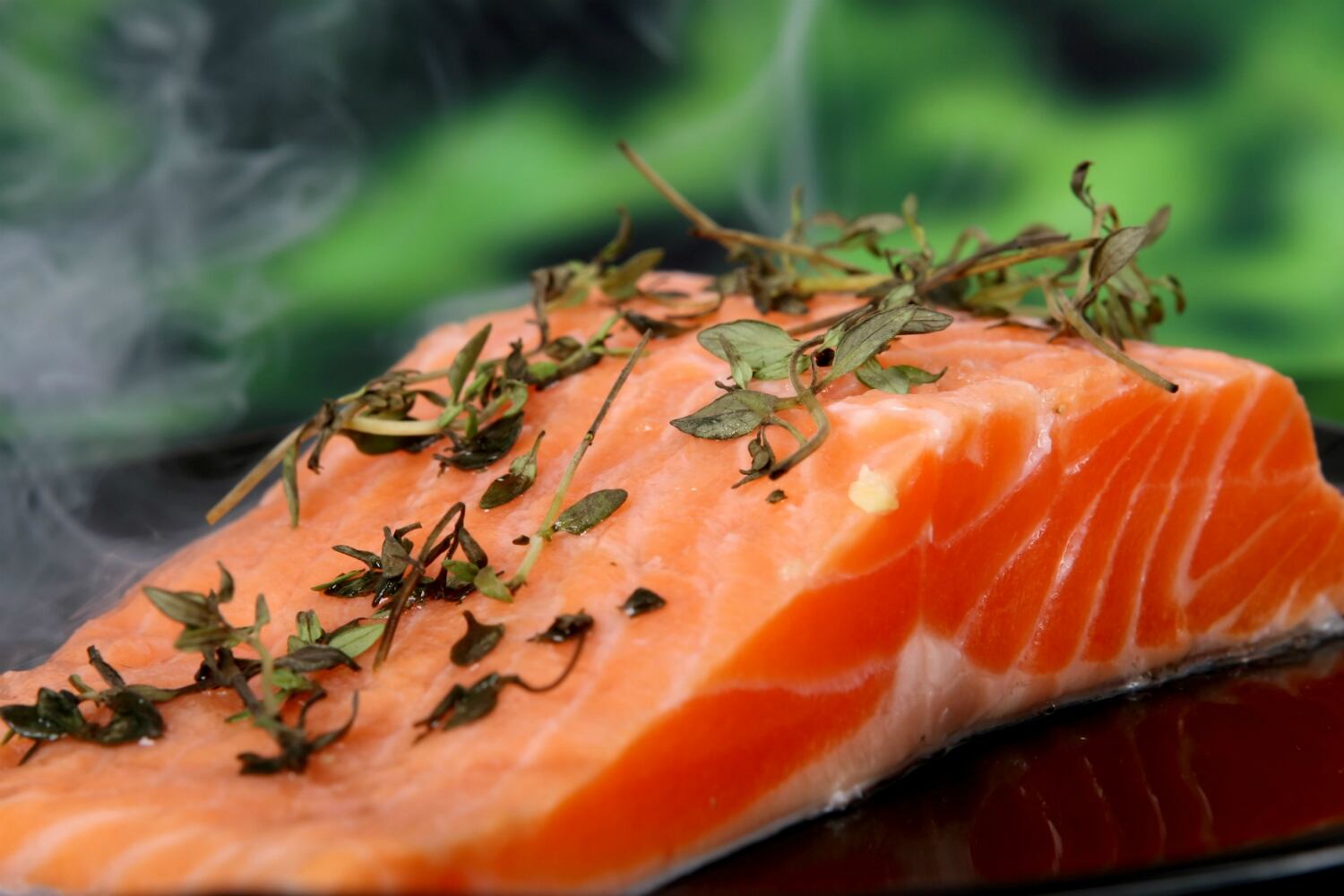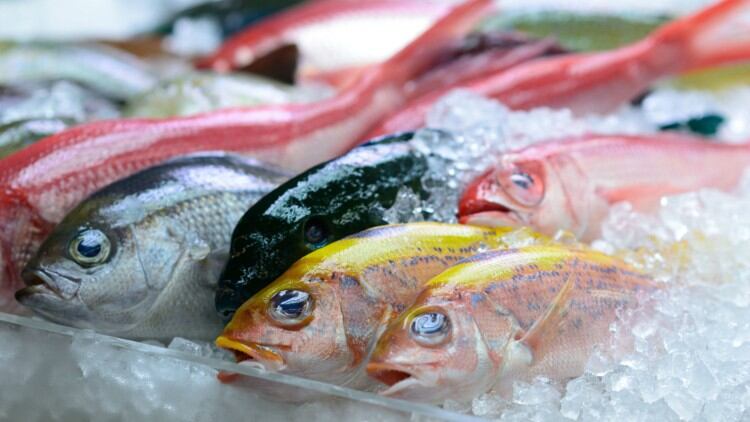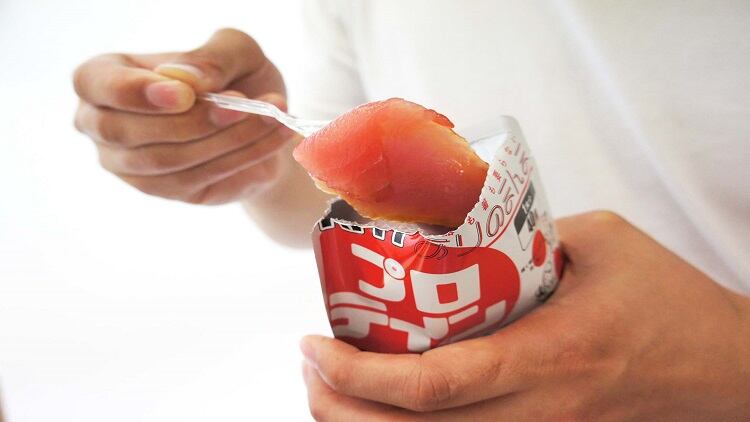Marine Harvest is currently the world’s largest producer of farmed Atlantic salmon.
“[Together, the aim is] to create the most-effective supply chain for the distribution of salmon in China,” said both companies on Alizila, Alibaba Group’s official news channel.
The joint partnership will cover collaborations over cold chain and delivery processes, farm-to-fork supply chain optimisation, online sales operations, offline catering and more to increase efficiencies and reduce costs.
“By partnering with Marine Harvest and leveraging the consumer reach, technology capabilities and logistics support of the Alibaba ecosystem, we will be able to deliver the best-in-class offering of fresh seafood products to consumers across China,” said Alibaba Group President Michael Evans.
Additionally, Win-Chain will also offer local consumer insights, new product and innovation acumen, as well as branding and communications assistance to help Marine Harvest address the dynamic Chinese market.
Marine Harvest Chairman Ole-Eirik Lerøy said: “China is a very attractive market, and partnering with Alibaba Group and Win-Chain was a natural choice for us.”
Besides Lerøy and Evans, also present at the MOU signing ceremony in Shanghai were the King and Queen of Norway, Norwegian Minister of Trade and Industry Torbjørn Røe Isaksen, and Alibaba Group Executive Chairman Jack Ma.
First Norwegian seafood factory in China
Marine Harvest has also opened a new processing factory in Shanghai this month. This is the first Norwegian seafood factory in China.
“We look forward to the many opportunities ahead to deepen our collaboration with Alibaba as we now ramp up our presence in China, for example through our new processing factory in Shanghai,” added Lerøy.
Together, Win-Chain and Marine Harvest intend to sell fresh chilled salmon products directly from the factory.
China’s growing demand for premium seafood
The joint partnership looks to benefit from China’s growing demand for fresh, premium seafood.
According to the Norwegian Seafood Council (NSC), the value of Norwegian salmon exports to China reached NOK 443mn (US$ 54.8 mn) in the first half of 2018. This was a rise of 544% year-on-year.
“The demand for fresh seafood in China is rapidly growing, and Marine Harvest is one of the most trusted and world’s leading producers,” said Evans.
According to expert insight from Coresight Research, Chinese consumers are looking more and more to foreign countries for food and beverage products, amongst others.
“Chinese shoppers’ appetite for imported products continues to grow apace,” said Deborah Weinswig, CEO and Founder, Coresight Research via a report.
“Millions of China’s shoppers are looking to buy international brands. Chinese demand for Western brands in everyday categories such as food and personal care products [is rapidly increasing].”
China is currently the world’s third largest market for Norwegian seafood, according to NSC.
In addition, China lifted bans on several Norwegian salmon imports earlier this year, a move which is expected to triple trade volumes in the remainder of the year.
"With the recent breakthrough news that more regions in Norway now are approved for salmon export to China, we expect Norway to export around 21,000 tonnes of salmon in second half of 2018, or three times higher volume compared to first half of the year," said Sigmund Bjorgo, NSC director for mainland China and Hong Kong.
Whole salmon from the areas of Sor-Trondelag, Troms and Nordland in Norway were banned by China in 2015 due to concerns over the infectious salmon anemia (ISA) virus and its variants.




